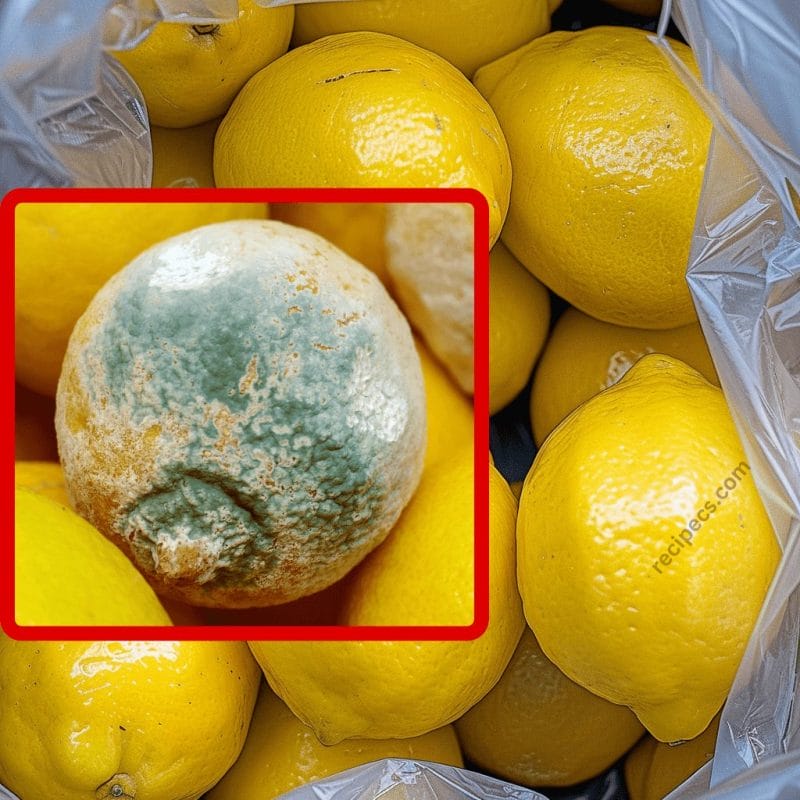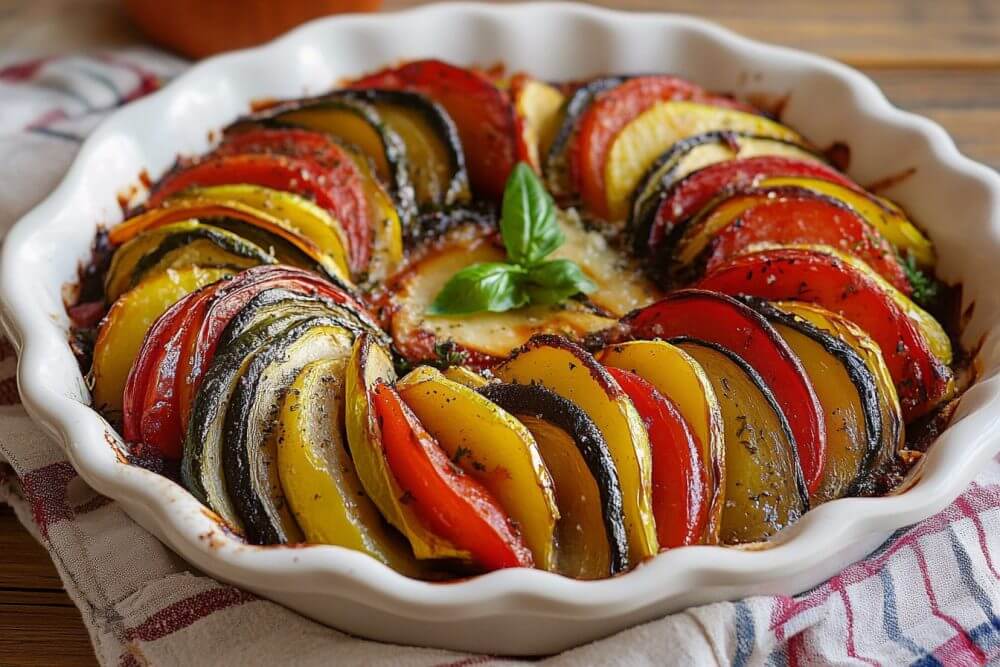Would you like to save this?
Lemons are the unsung heroes of our kitchens. Their vibrant zest and tangy juice not only enhance the flavor of countless dishes but also offer a burst of freshness that can brighten even the dullest meal. I vividly recall my grandmother’s kitchen, where lemons were always in abundance. They were used to add a splash of flavor to her famous lemon bars, and she even had a special recipe for homemade lemonade. Unfortunately, despite their versatility, lemons have a tendency to spoil quickly, which can be quite frustrating. Over the years, I’ve discovered several effective methods to prolong their shelf life and prevent them from rotting. Here are four foolproof techniques that will help you keep your lemons fresh and ready for use.
Ingredients & Materials Needed
Lemons
Ice cube trays
Grater
Silicone-insulated bags
Toothpicks
Container with a lid
Sea salt
Baking dish
Plastic wrap
Organic soil
Pot or container
Water
1. Lemon Ice Cubes
This method is a game-changer when it comes to preserving lemon juice and zest. It’s not just about saving space; it’s also about ensuring you have a fresh lemon product whenever you need it.
Step-by-Step Instructions:
a. Prepare the Lemons: Start by washing your lemons thoroughly to remove any wax or residues. Once clean, zest the lemons using a microplane or fine grater to collect the outer layer of the peel. This zest contains essential oils that add a punch of lemon flavor.
b. Squeeze the Juice: Cut the lemons in half and squeeze out the juice into a measuring cup or bowl. Be sure to remove any seeds that may fall into the juice.
c. Fill Ice Cube Trays: Divide the lemon zest and juice among the compartments of your ice cube trays. You can either mix the zest and juice together or keep them separate depending on your preference.
d. Freeze: Place the ice cube trays in the freezer and let them freeze completely. This usually takes a few hours.
e. Store: Once frozen, remove the lemon cubes from the trays and transfer them to a silicone-insulated bag or airtight container. Store them back in the freezer. These lemon cubes can be used directly from the freezer in beverages, dishes, or sauces.
2. Using Toothpicks to Preserve Lemon Halves
This method is ideal for those who often use only half a lemon. Keeping the other half fresh can be challenging, but this simple trick can help.
Step-by-Step Instructions:
a. Cut the Lemon: Cut the lemon in half as needed. Instead of placing the cut side directly on a plate or in a container, use toothpicks to secure the halves together.
b. Secure with Toothpicks: Insert several toothpicks into the cut surface of one half and push them into the cut surface of the other half. This creates a barrier that reduces exposure to air and helps retain moisture.
c. Refrigerate: Place the toothpick-secured lemon half in a container or wrap it tightly with plastic wrap. Store it in the refrigerator. The toothpicks will help keep the lemon fresh for several days.
3. Lemons in Water
Storing lemons in water is an effective way to keep them fresh and prevent them from drying out or molding. This method works well for whole lemons.
Step-by-Step Instructions:
a. Prepare a Container: Find a container that is large enough to hold your lemons comfortably. It should be airtight to keep the lemons submerged and protected from external contaminants.
b. Add Lemons and Water: Place the whole lemons into the container. Fill the container with enough water to completely cover the lemons. This creates a barrier against air and moisture loss.
c. Seal and Refrigerate: Put the lid on the container and place it in the refrigerator. This method can keep your lemons fresh for up to a week. For cut lemons, place the cut side down in a small saucer filled with water and store it in the fridge.
4. Salty Lemon Preserves
If you’re looking to extend the life of lemons even further and create a useful ingredient for your kitchen, try this method. It not only preserves the lemons but also creates a tangy lemon sauce perfect for various dishes.
Step-by-Step Instructions:
a. Prepare the Ingredients: In a baking dish, spread a layer of sea salt. Zest 5 lemons and mix the zest into the salt. Squeeze the juice from the lemons and pour it over the salt and zest mixture.
b. Bake: Preheat your oven to 190°C (375°F). Bake the lemon mixture for about 20 minutes. After 20 minutes, lower the temperature to 150°C (300°F) and bake for an additional 10 minutes.
c. Cool and Store: Remove the baking dish from the oven and let it cool completely. Transfer the mixture to a jar and seal it tightly. This preserved lemon mix can be used as a seasoning for pasta, rice, salads, and more.
Growing Lemons at Home
In addition to preserving lemons, why not grow your own? Growing lemons at home can be a rewarding experience, and it ensures you always have fresh lemons on hand.
Step-by-Step Instructions:
a. Prepare the Pot: Choose a pot with good drainage and fill it with organic soil. Moisten the soil lightly.
b. Plant the Seed: Cut a lemon and extract the seed. Do not let the seed dry out; it should remain moist. Make a small hole in the soil, place the seed in it, and cover it with soil.
c. Cover and Place in Sunlight: Cover the pot with plastic wrap to trap moisture and place it in a sunny spot. The lemon seed needs plenty of light to germinate.
d. Water and Care: Keep the soil consistently moist but not waterlogged. Once the seedling begins to grow, usually within 1 to 2 weeks, remove the plastic wrap. Ensure the pot receives at least eight hours of sunlight daily.
e. Transplant: When the lemon tree outgrows its pot, consider transplanting it into a larger container or directly into the garden if possible.
Conclusion
Lemons are versatile and essential in many kitchens, but they can spoil quickly if not stored properly. By using these four methods—freezing lemon cubes, using toothpicks, storing in water, and making salty lemon preserves—you can extend the life of your lemons and prevent waste. Each method has its own unique benefits and uses, ensuring you have fresh lemon flavor whenever you need it.
Additionally, growing your own lemons can be a delightful and practical way to ensure a steady supply of this vibrant fruit. Whether you’re using preserved lemons to add depth to your dishes or enjoying fresh lemons straight from your own garden, these tips will help you make the most of this delightful citrus fruit. So go ahead, try these methods, and enjoy the tangy, refreshing goodness of lemons in your culinary creations!







